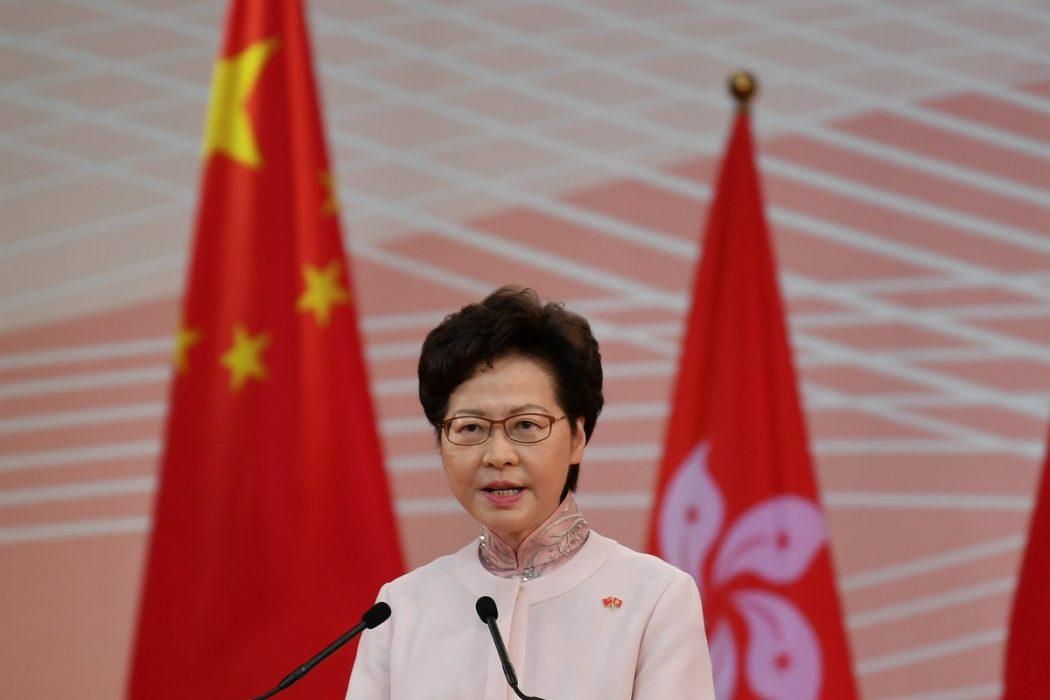Secretary for Justice Teresa Cheng has echoed assertions that Hong Kong functions under an “executive-led system” in which Beijing grants powers to the administrative, legislative and judicial branches of government.
Her comments came amid a row over whether the city enjoys a separation of powers between the three institutions. Former top judges have declared the principle to be enshrined in the Basic Law as integral to judicial independence.

Education Secretary Kevin Yeung reignited the debate last Monday after he expressed support for the deletion of the “separation of powers” phrase from Liberal Studies textbooks.
Chief Executive Carrie Lam went one step further last Tuesday and said she believed “misunderstandings” about the city’s constitutional order arose from legal professionals using the separation of powers to describe the idea of a “division of labour” without interference. She added that the three bodies hopefully cooperate with one another in the execution of their functions.
‘Totally unfounded’ concerns
The justice secretary wrote in a Saturday blog post titled “Division of work and complementing each other” that the Hong Kong SAR was established under China – a unitary state: “The HKSAR was empowered to discharge its duties by the NPC [National People’s Congress] through the Basic Law.”
“The executive authorities, the legislature and the judiciary perform their respective functions under the executive-led system in accordance with the Basic Law and complement each other with a view to upholding national unity and territorial integrity, maintaining the prosperity and stability of Hong Kong.”

However, the Hong Kong Bar Association said last week that the description of an “executive-led system” – initially made by Lam – does not contradict provisions of the Basic Law which “expressly delineates the respective powers and functions of the executive, legislative and judicial authorities.”
“That the HKSAR, through the chief executive, is accountable to the CPG [Central People’s Government], speaks to the HKSAR’s place within the constitutional order of the PRC [People’s Republic of China]. It does not detract in any way from the clear provisions of the Basic Law setting out how local governance is to be conducted.”
Judicial independence
Cheng dismissed concerns over judicial independence arising from the political structure described by Lam. She cited Article 85 of the Basic Law which guarantees that the courts “shall exercise judicial power independently, free from any interference.”
“Although the executive authorities enjoy greater power in [policymaking] under the political structure of the HKSAR, [judges] must abide by the law. Their decisions are also subject to judicial challenges which will be handled by the court independently based on applicable laws and evidence,” she added.

“A proper understanding of the political structure from the perspective of the constitutional order of the HKSAR clearly shows our system is based on an executive-led structure,” she said. “We should all refrain from looking at the labelling of a concept, on the contrary, we have to appreciate its intrinsic meaning so as to avoid any unwarranted disputes.”
